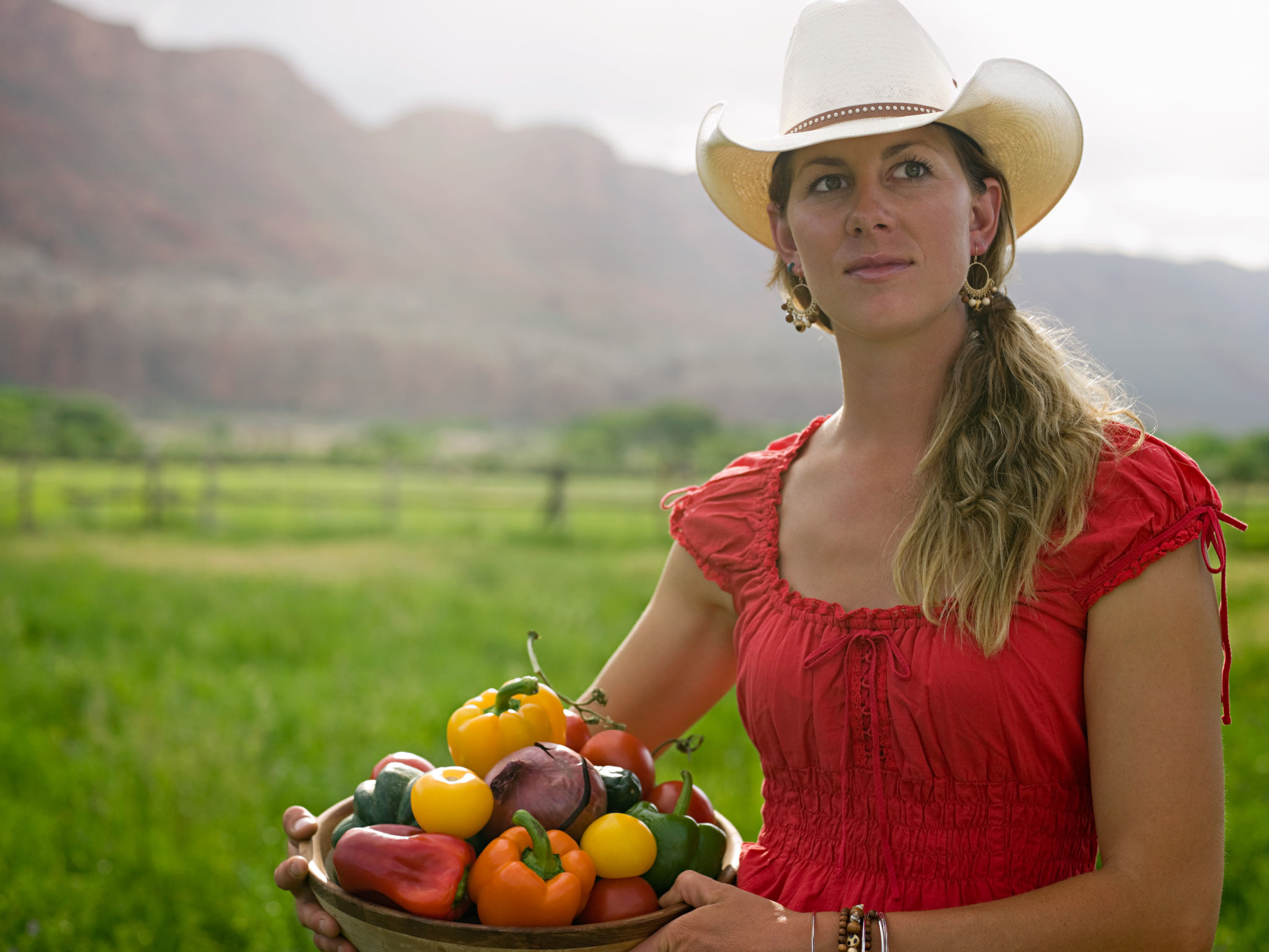How to Store and Preserve Your Fresh Produce from HPP FarmBox
The Importance of Proper Storage
Storing fresh produce correctly is essential to maintain its nutritional value, flavor, and longevity. Whether you're getting your fruits and vegetables from HPP FarmBox or a local market, knowing how to store them properly can make a world of difference. Proper storage not only reduces waste but also ensures you get the most out of your fresh produce.
One of the key factors in preserving produce is understanding its unique storage needs. Not all fruits and vegetables thrive under the same conditions. Some need cool, dark environments, while others require room temperature or even open-air exposure.

Understanding the Basics of Produce Storage
Before diving into specific storage techniques, it's important to grasp a few basic principles. The first rule is to keep produce dry. Moisture can promote mold growth and spoilage, so make sure your produce is as dry as possible before storing it. Additionally, avoid washing fruits and vegetables before storage. It's better to wash them right before use.
Another important tip is to separate ethylene-producing fruits like apples and bananas from other produce. Ethylene is a natural gas that can speed up the ripening process and cause other produce to spoil faster.
Temperature Matters
The temperature at which you store your produce significantly affects its lifespan. Most fruits and vegetables prefer cooler temperatures but not all require refrigeration. For example, tomatoes and potatoes are best kept at room temperature, while leafy greens thrive in a cool refrigerator drawer.

Tips for Storing Different Types of Produce
Let’s explore some specific storage tips for common fruits and vegetables:
- Leafy Greens: Store them in a perforated plastic bag in the refrigerator’s crisper drawer. Adding a paper towel can help absorb excess moisture.
- Berries: Keep them in the fridge in their original container but in a single layer to prevent mold growth.
- Root Vegetables: Carrots and beets should be stored in a cool, dark place with their greens removed to prevent moisture loss.
For citrus fruits like oranges and lemons, refrigeration can extend their freshness, but they can also be kept at room temperature for short periods.

Avoiding Common Mistakes
Many people make the mistake of storing all produce in the fridge without considering individual needs. For instance, refrigerating tomatoes can ruin their texture and flavor. Similarly, onions should be kept in a cool, dry place, but not in the fridge as they can become moldy.
Another common oversight is not rotating stock. Always use older produce first by placing it in front of newer produce, ensuring nothing is forgotten and left to spoil.
The Role of Proper Containers
Using the right containers can also play a crucial role in preserving freshness. Airtight containers are ideal for cut fruits and veggies as they prevent them from drying out. Meanwhile, breathable bags work well for items like potatoes and onions that need some air circulation.
Investing in high-quality storage options can make a noticeable difference in how long your produce stays fresh and delicious.
